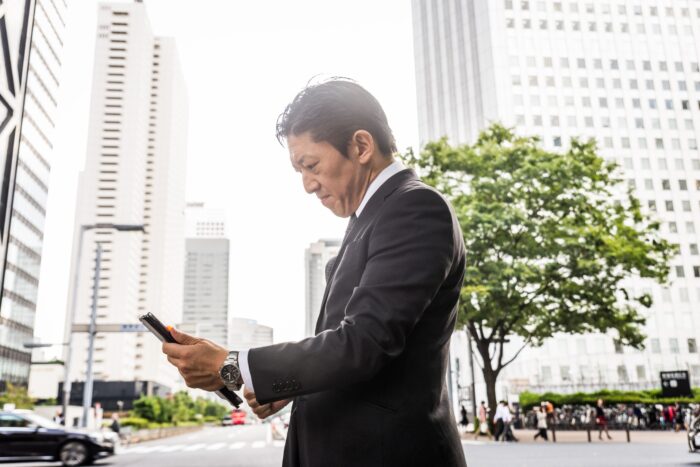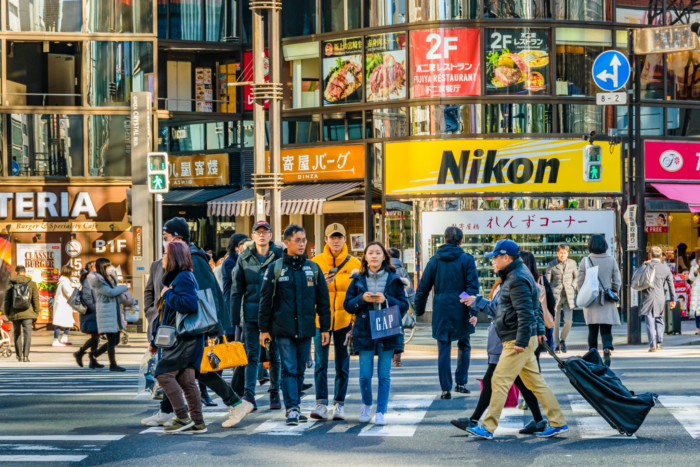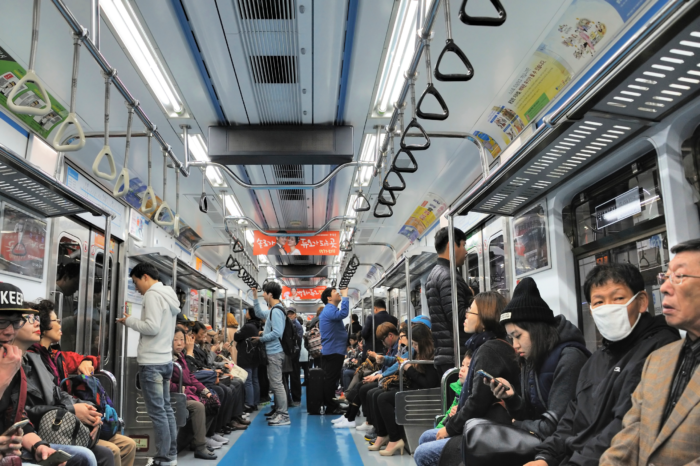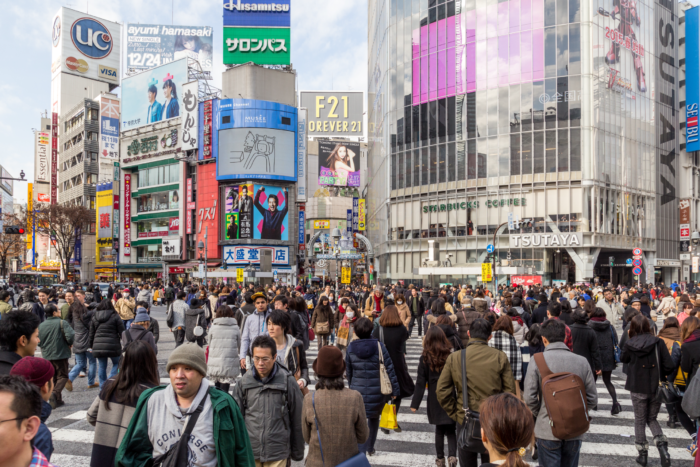More young fathers in Japan are prioritising family over work

As family dynamics in Japan shift, more male employees are seeking to reduce their work hours to be involved in housework and childcare.
Gender discrimination in the hiring process still prevalent in Japan

While measures have been introduced to ensure a level playing field during recruitment, employees still face gendered microaggressions and stereotypes.
Japan focuses on accelerating wage growth in fiscal 2023

Investment in human resources development and the reskilling of employees will also be priorities as the government looks to achieve economic growth.
Japan targets more female board members for large organisations

The government is pushing economic policies that require more female board members to be nominated to achieve gender equality.
Japan’s real wages see steepest drop in eight years

Driven by inflation, the gap between nominal and real wages is widening, prompting the government to push for wage growth across organisations.
More organisations in Japan plan to raise wages in 2023

Over 60% of employers plan to raise wages in response to cost of living and talent retention needs, with many committing to at least a 3% increase.
Japan moves to bridge workplace gender gap

To promote workplace diversity and strengthen the economy, Japan aims to increase the number of female executives in major organisations.
Is Japan shifting away from lifetime employment?

A new report shows that creativity can be inculcated in employees lower in power when they are given time to engage in it more than once.
Data overload: The rise of decision distress

Business leaders in Asia-Pacific and Japan are experiencing high levels of decision distress, with many lacking the tools to make successful decisions.
Japan’s public sector joins four-day workweek drive

Driven by the need to attract talent, Japan is proposing new laws that will offer more public sector employees a four-day workweek.
Japan’s largest trade union calls for sustained wage growth

Although many organisations have recently introduced a wage hike, Rengo is calling for further wage rises beyond 2023.
Organisations in Japan prioritise reskilling

Shifting to job-based employment helps firms identify desired skills and provides employees with opportunities for career advancements.
Japan faces shortfall of employees to meet labour demand by 2040

In the face of labour shortages, Japan wants to reverse the decline in the birth rate while remaining cautious about long-term reliance on immigration.
Male employees in Japan encouraged to prioritise family over work

Prime Minister Fumio Kishida has outlined potential measures to push for higher take-up of paternity leave among male employees in the country.
Employees in Japan in line for largest pay raise in three decades

Organisations in Japan have heeded calls from the government to raise wages to help employees manage rising living costs.
Japan’s real wages experiences biggest drop in almost a decade

Despite the government’s efforts to push for higher pay, real wages for employees has continued to fall because of inflation.
Workday promotes Paul Henaghan to drive regional growth

He brings over 20 years of enterprise tech experience to his new role as President of Asia-Pacific and Japan, leading Workday’s regional sales efforts.
Employees in Japan opt for work-life balance over promotions

Rising responsibilities and worries about increased workloads are deterring employees in Japan, particularly women, from seeking management roles.
Hay fever benefits improve employee wellbeing in Japan

Encouraging employees to tackle allergies and hay fever leads to increased workplace satisfaction and efficiency, more companies are finding out.
Return to office work gains momentum in Japan

More organisations operating in Tokyo are planning to rent more office space to allow employees to return to the office.
Employees in Japan saw earnings soar in December 2022

Boosted by winter bonuses, wages in Japan rose to their highest level in nearly 26 years, Japan’s Labour Ministry has reported.
Sony promotes Hiroki Totoki to President

Totoki’s appointment as President highlights his expertise in driving growth through business diversification and strategy planning.
Employees in Japan allowed to pursue side careers

More firms in Japan are allowing their employees to take on second jobs to foster skills development and gain opportunities for career advancement.
Remote work leads to increased productivity

Employees working from home are using the time saved from not having to commute on increasing their productivity, says a new report.
Microsoft Japan makes key leadership appointment

Miki Tsusaka has been named as the new President of Microsoft Japan and will lead key initiatives for Microsoft in Japan.
SMEs in Japan plan to offer higher wages

More organisations in Japan intend to raise wages to keep pace with inflation, including those that had previously done so.
Firms in Japan expected to offer largest wage increment in 26 years

Firms are likely to offer pay hikes of 2.85%, consisting of a 1.08% increase in base salaries and a 1.78% increase in seniority-based pay.
Japan plans new family initiatives to support non-regular workers

Non-regular workers, self-employed individuals, and freelancers with children may soon be eligible for a child-rearing allowance.
Employees in Japan can choose to stay longer in the workforce

With Japan facing a talent shortage as the population ages, firms are encouraged to do more to support older employees who want to continue working.
Japan commits to raising wages to achieve inflation target

Japanese Prime Minister Fumio Kishida aims to create an economic structure where wages are raised yearly to transfer wealth from firms to households.
